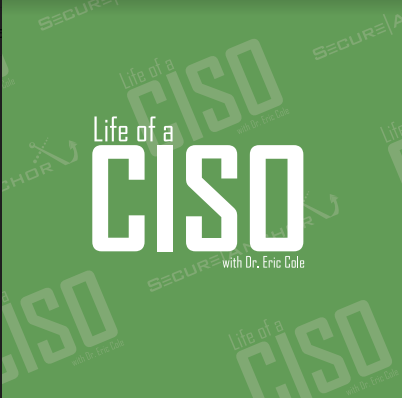YOU are 100{eb2dd144dc077676a5023eacca2d01ef9c3f02c22330f35001e7063f427f969c} responsible for your cyber security!
People get upset with me for calling them out like that, so it seems like I care more about their data than they do. In a perfect world, the government would protect us & companies would take responsibility. But, as you know, we don’t live in a perfect world, & I care about you enough to tell you that you MUST be willing to step up & take ownership of your cyber security, or you will get compromised.
If you just focus on functionality, i.e. getting your information out there to wherever it needs to go, you’re going to have problems & continue to have your identity stolen over & over again.
Does 100{eb2dd144dc077676a5023eacca2d01ef9c3f02c22330f35001e7063f427f969c} security exist? It does exist… for the Amish! They were never impacted by the Marriott breach because they never signed up for any Marriott Reward Points. Their cell phones never get compromised because they never use cell phones.
One of the hardest lessons to learn is that 100{eb2dd144dc077676a5023eacca2d01ef9c3f02c22330f35001e7063f427f969c} functionality means 0{eb2dd144dc077676a5023eacca2d01ef9c3f02c22330f35001e7063f427f969c} security. You could have decided not to have signed up for the Marriott Reward Points, but then you would have missed out on all the free nights, breakfasts, & other great benefits.
In cyberspace, most people seem to ask only one question, “What is the benefit?” They’re so focused on what their getting, that they don’t think about all of the data they could be losing (& how that data loss could really impact them).
I’m going to give you the 3 important questions that you should be asking yourself every time before you click.
1. What is the functional benefit?
In the Marriott example, there are free night stays, free breakfasts, & other benefits.
2. What is the security risk or exposure?
Meaning do I really need to give this company my data? In the Marriott example, they get my address, PII, social security number, & all my data.
3. What can I do to mitigate the risk? Another way to put it… What other alternatives & options are available to reduce my risk of getting compromised?
The secret to winning, in cyberspace, is that 3rd question.
I segment my life.
I have numerous credit cards, but even though Marriott has my information, I wasn’t worried about getting compromised.
First, I use different credit cards for different hotels, so I only have one credit card that is used for Marriott. So when the breach occurred, I only had to cancel one card. The problem I’ve seen many people have is that they use one card for everything (including auto-payments & just to buy gas). A friend of mine only uses one credit card for everything (big mistake). He was one of the people compromised in the Marriott breach, so they cancelled his card. As luck would have it, this happened to him while he’s overseas. He didn’t have a lot of cash on him, & since he only used the one card, he was basically stuck.
Segmenting my cards is a little inconvenient, but having your life stop when your data gets compromised is MUCH more inconvenient.
After you set up your different accounts (hello new year’s resolution!), make sure that all of your passwords are different. And, definitely, sign up for 2-factor-authentication.
If you have trouble remembering all of your passwords, use a password vaulting system. Most of would remember which password goes to which account if we saw the first & last 2 characters of the password… That’s a good option to use with a password vaulting system because even if the password vaulting system gets compromised, all of the passwords in their entirety are still safe. Password generators are great at producing unique & passwords, which works really well with vaulting systems.
Limit the information that you are giving away. Most sites WANT a lot of information… but they don’t NEED a lot of information.
You don’t have to give out your real address or PPI. Multiple personalities may seem extreme, but since you can’t trust every company to take the correct measures to protect your data (Example: Marriott), you have to be extreme when taking responsibility for your cyber security. You can register for free virtual addresses & information. Even using different “favorite colors” or “childhood pets” can improve your odds of not getting compromised, just by changing things up.
It’s time to do what it takes to protect yourself in cyberspace!
The next time you sign up for anything online, ask yourself, “If this gets compromised, what can I do to minimize my exposure?” I wish that the government & companies would do their job to keep us safe in cyberspace, but since that isn’t the case, it’s up to me & you to protect our data. It’s not fair, but it’s reality. So, let’s unite & work together to make cyberspace a safe place to live, work, & raise a family.
For more information, reach out to me at secure-anchor.com/contact anytime.


